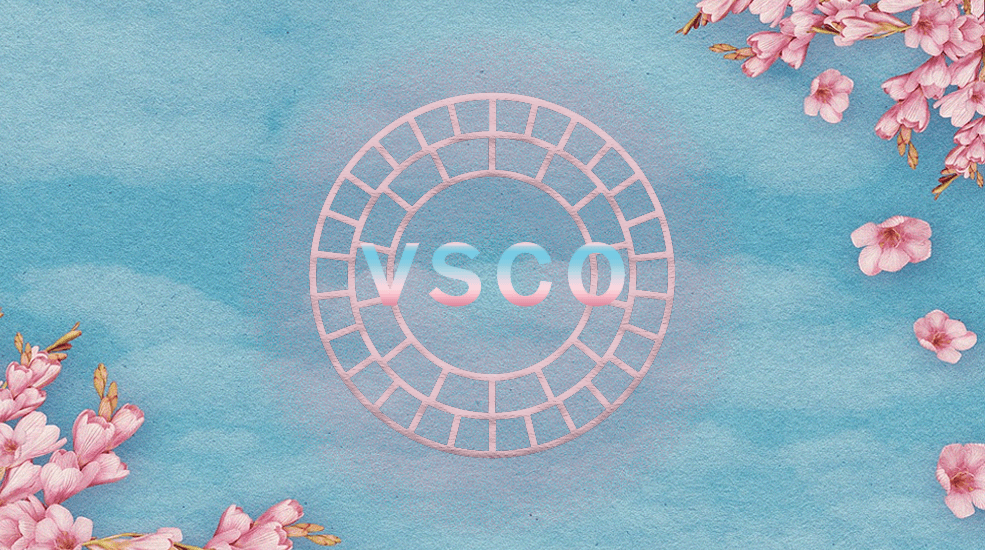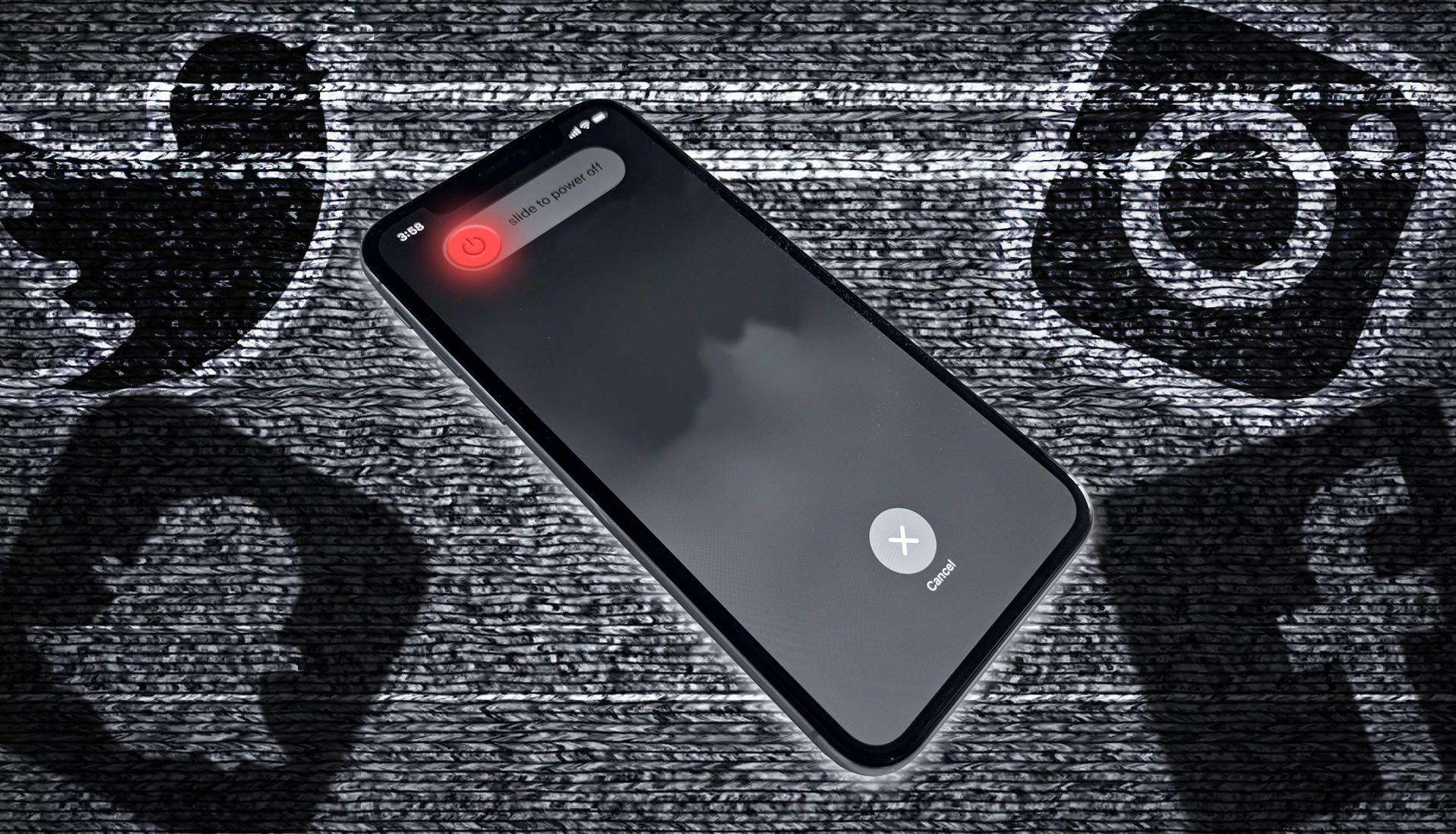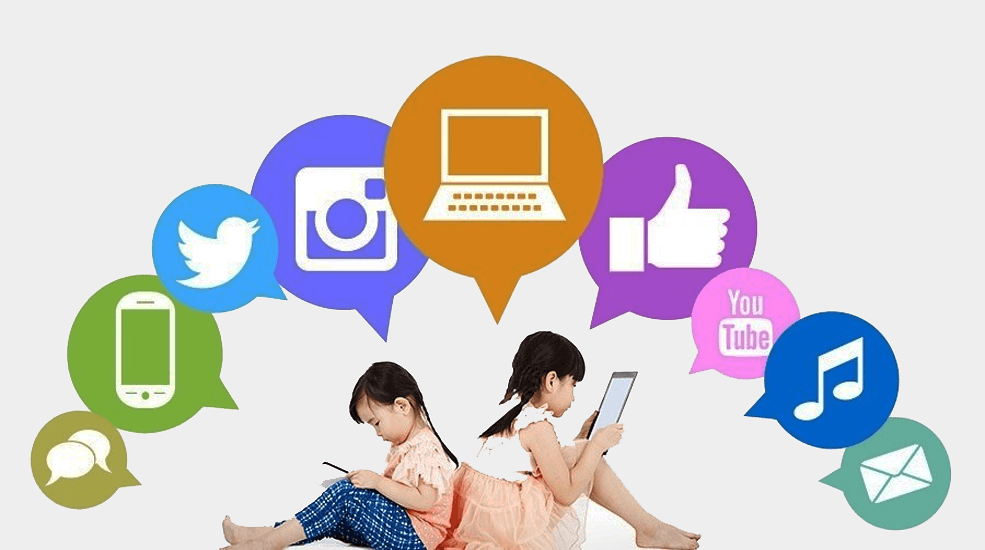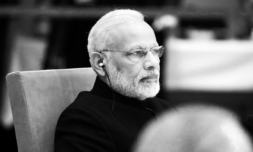Studies are showing significant spikes in Gen Z users stepping away from social media. But why? And what does it mean for a generation of digital natives?
Having grown up with the internet at their fingertips, the days of dial-up and flip phones are practically folklore to Gen Z. But is this over familiarisation with social media gradually leading to a digital exodus for teens?
According to a recent study from Origin, it appears Gen Z are turning away from social media en masse. The findings, pooled from over 1000 18-24-year-olds across the US revealed that 64% of participants planned to ‘take a break’ from social media, while a whopping 34% wanted to kick the habit altogether. This attitudinal shift is a pretty shocking revelation for anyone familiar with the defining qualities of Gen Z.
Let’s talk FOMO. Anyone with Instagram knows the feeling: You’re sat at your desk on a gloomy Thursday afternoon, and decide to have a quick peruse through your timeline. Almost instantly you’re greeted by photos of your pals relaxing on a tranquil beach in Thailand; your former classmates are headed to an incredible music concert, and even your dull aunt is enjoying a cocktail at a luxury rooftop bar… suddenly your mind is plagued with thoughts like: ‘Damn my life is boring, why can’t I have this much fun?’


Social-induced FOMO is something everyone experiences. But for a generation who have grown up in tandem with Facebook, Insta, and Twitter the effects are obviously magnified, and there’s no doubting they’re becoming less and less tolerant of it. Origin’s study found that 35% felt social media fuelled negativity, while 17% admitted to ‘feeling bad’ about themselves.
The recent migration of teens to ‘low pressure’ social platforms such as VSCO (which we covered in detail here) that inherently avoid social barometers while encouraging creativity and self-expression also indicates a mounting intolerance to inflated online personas.






















